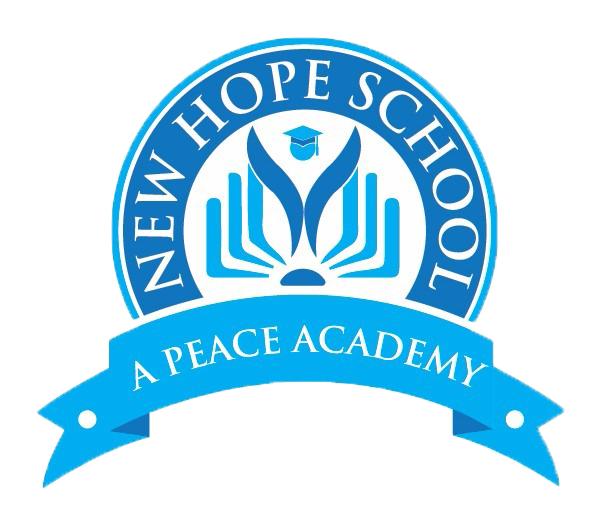Care of the Soul
By Mose Durst, Ph.D.
"No one can give a definition of the soul. But we know what it feels like. The soul is the sense of something higher than ourselves, something that stirs in our thoughts, hopes, and aspirations which go out to the world of goodness, truth, and beauty." Albert Schweitzer
On my daily walk, I often stop at a used bookstore near my home. Since I can be overwhelmed in a large bookstore, feeling there is so much I have not read, I usually just peruse the special table of "books of the month". Recently, I stopped at the table with the bright sign "Spiritual and Religious Books." I walk over to the table and spy a book entitled Care of the Soul by Thomas Moore.
I remembered his name but had not read any of his books. Since the price was right, two dollars, I made my big purchase and walked on. The title of the book appealed to me, for a motto I framed in my classroom reads, "Have You Nourished Anyone's Soul Today?". On the first day of class I ask students to reflect on that motto.
In Care of the Soul Moore defines soul as "a quality or a dimension of experiencing life and ourselves. It has to do with depth, value, relatedness, heart, and personal substance." Even the dictionary has a pretty good definition: "a person's moral or emotional nature or sense of identity."
My school, dedicated as it is to character education, provides activities and experiences to promote social and emotional learning. We believe that each of us has great strengths that need to be cultivated. As Albert Schweitzer points out, we have a nature that aspires to truth, beauty, and goodness and, I would say - above all - love. But this nature, or soul, needs to be nourished, developed, and activated for the well-being of self and others.
Education is not just about developing the individual, for it has implications for all of culture: family, community, work, the environment, and politics. "Soul-making [Moore writes] is a journey that takes time, skill, knowledge, intuition, and courage." In another of Moore's books, he writes that politics should be the "care of citizens".
Next to family, friendship is perhaps the most important relationship in life. The soul has to be nourished and cared for if we are to have genuine friendships, not Facebook friends. We need not only soulful families and friends but a caring, creative community. Moore writes elsewhere that "Community makes the heart come alive and in that particular way brings charm and deep satisfaction to a person's life."
We express ourselves in language, and we may avoid expressing the depth of our heart by using clichés. Awesome, awesome, awesome. Caring for the soul also means caring for how we use language. Everything I have written has been a concern for the transformation of culture. Care for the soul leads to compassionate lives. Where institutions exploit or ignore the depth of who we are as human beings, we are diminished. Empathetic and compassionate individuals, faithful, loving, and committed families, communities of genuine love and care, political and economic systems that produce wealth as
well as the care for all of its citizens - these are the true goals of education.
About the Author
Dr. Durst is President of The Principled Academy, a sister school of New Hope School, located in San Leandro, CA.
